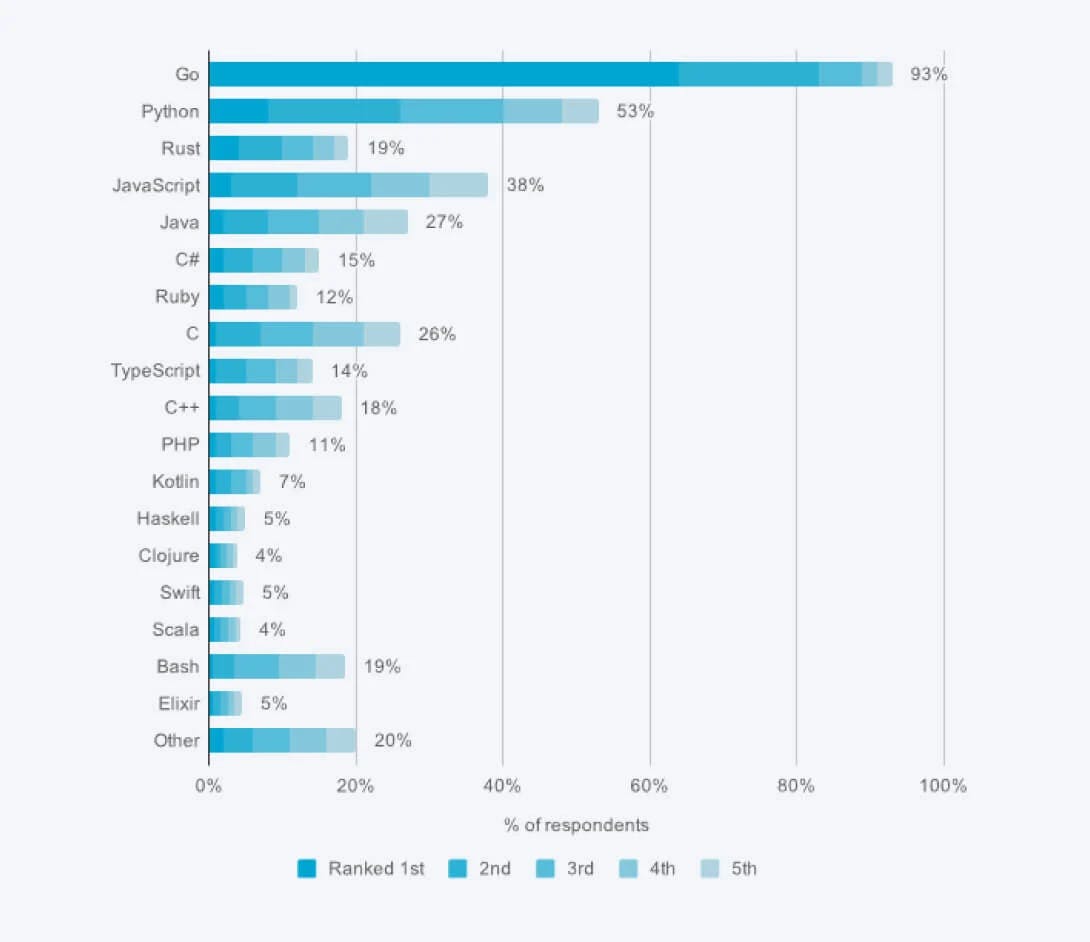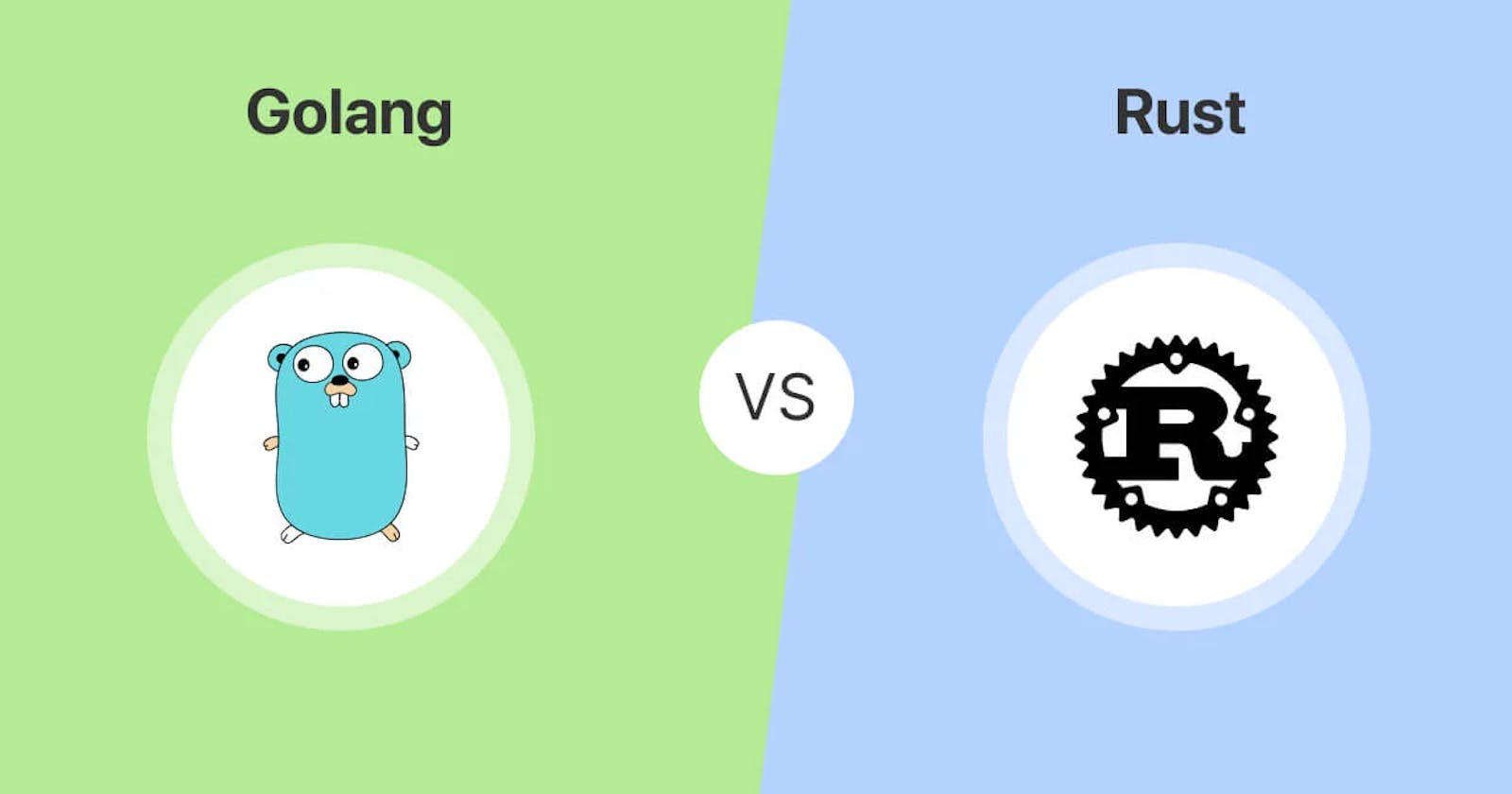Title: Navigating Go and Rust: Choosing the Right Tool for Your Project Introduction:
Go: Embracing Simplicity and Concurrency Go, often referred to as Golang, is lauded for its simplicity and concurrency support. Engineered with a minimalist syntax, Go fosters a gentle learning curve, making it an attractive choice for teams with diverse skill levels. Its built-in concurrency features, such as goroutines and channels, streamline the development of scalable and efficient network servers and distributed systems.
Furthermore, Go boasts a comprehensive standard library, covering fundamental tasks like networking, HTTP handling, and JSON manipulation. The language's swift compilation process enhances developer productivity, facilitating shorter build times and swift iteration cycles.
However, Go previously lacked support for generics, leading to some code redundancy and diminished type safety. Fortunately, this limitation has been addressed with the introduction of generics in Go 1.18, augmenting the language's expressiveness and mitigating boilerplate code.
Rust: Prioritizing Safety and Performance Rust sets itself apart with its focus on safety, performance, and low-level control. At its core lies a sophisticated ownership system that ensures memory safety and preemptively prevents common pitfalls like null pointer dereferences and data races at compile time. This feature makes Rust an ideal candidate for crafting systems-level software where safety and reliability are paramount.
Moreover, Rust grants developers precise control over memory management and low-level optimizations, resulting in high-performance code, particularly for endeavors necessitating intricate system programming or demanding computational tasks. Despite its steep learning curve, Rust's modern language features, such as pattern matching and algebraic data types, enrich its expressiveness and versatility.
Nonetheless, Rust's compiler is renowned for its slower processing speed compared to some counterparts, contributing to prolonged build times, especially for expansive projects. Additionally, Rust's ownership system may necessitate a more substantial initial investment in learning to harness its capabilities effectively.
Selecting Between Go and Rust When confronted with the choice between Go and Rust for your next venture, it's paramount to contemplate the specific needs and constraints you confront. If you're crafting scalable network services or web applications and prioritize simplicity, concurrency, and rapid development cycles, Go may emerge as the optimal solution.
Conversely, if your objectives entail ventures into systems-level programming, necessitate stringent assurances of memory safety and performance, and are willing to dedicate time to mastering a more intricate language, Rust could emerge as the perfect fit.
Ultimately, both Go and Rust stand as exemplary tools in their own right, each offering a distinct set of advantages and drawbacks. By comprehending the trade-offs inherent in these languages, you can make an informed decision aligned with the aspirations and requisites of your project. Whether you're forging the next-generation web service or architecting a high-performance system, Go and Rust stand ready to empower your endeavors.

